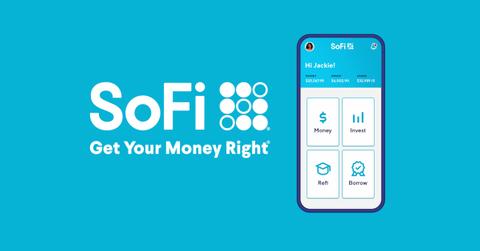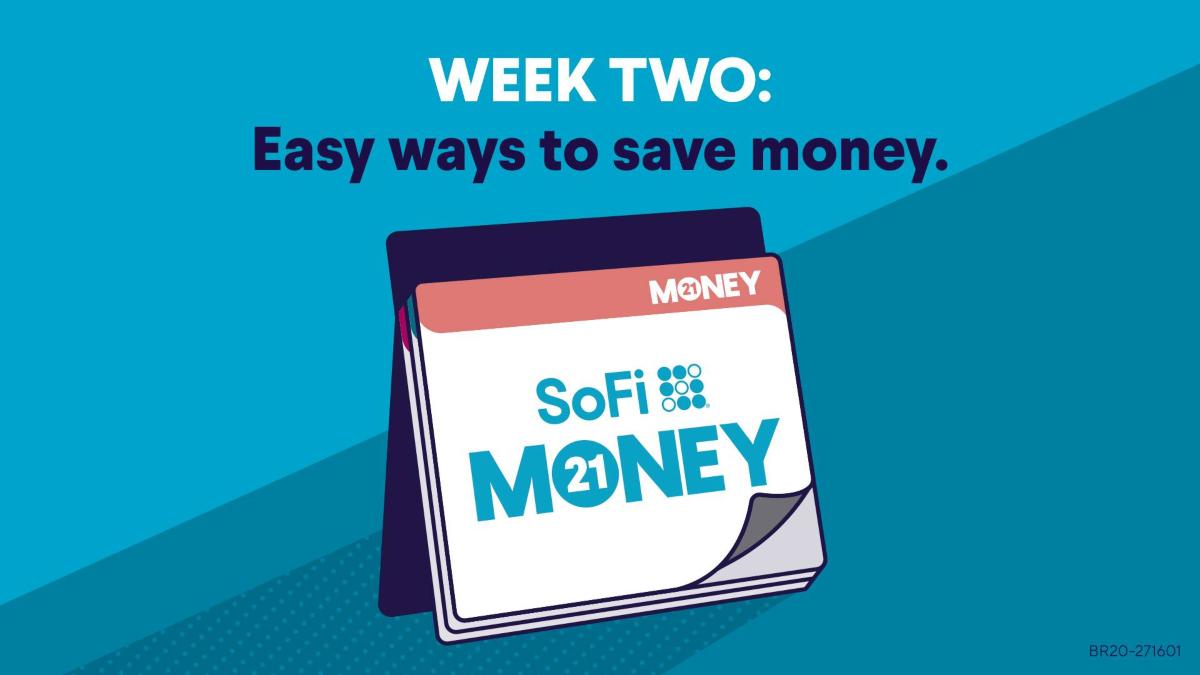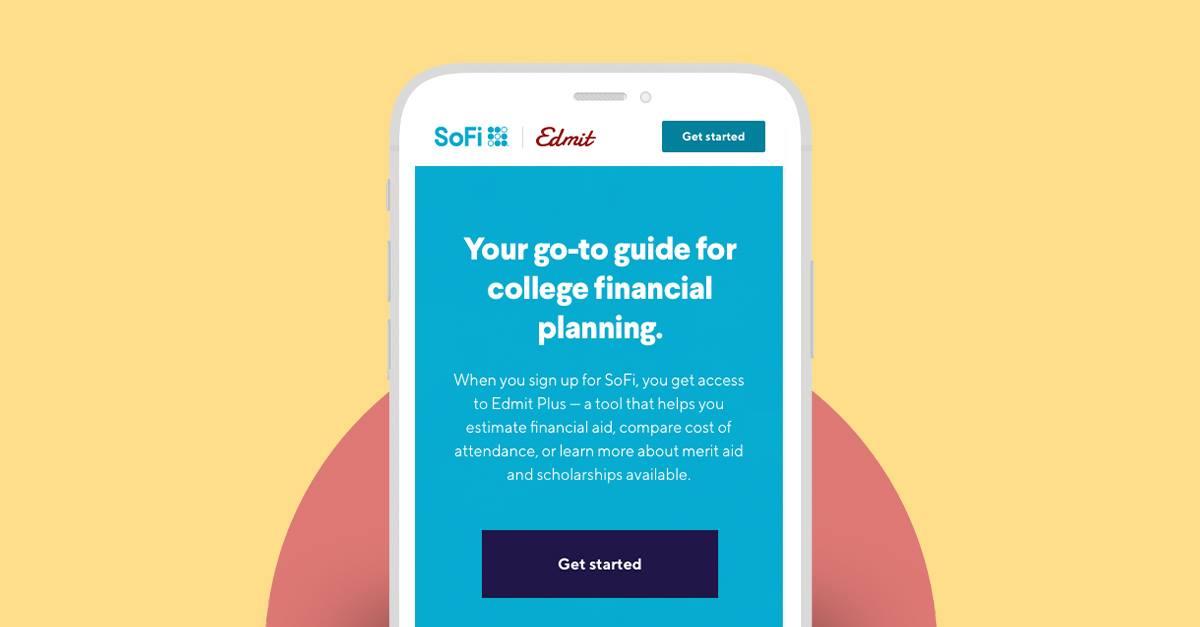How Low Will SOFI Stock Go, and Should You Buy It Now?
SOFI stock has fallen from its peaks. How low will SOFI go? Should you buy the stock now or wait for better prices?
July 8 2021, Published 7:09 a.m. ET
SoFi (SOFI) went public through a reverse merger with Chamath Palihapitiya’s Social Capital Hedosophia Holdings V (IPOE). The stock surged after the merger but seems to have caught the post-merger blues and has pared gains. How low will SOFI go, and should you buy the dip now?
SoFi, along with Clover Health, has been a popular name on Reddit group WallStreetBets. Clover Health (CLOV), which has touched a high of $28.85 thanks to Reddit traders, also went public through a merger with one of Palihapitiya’s SPACs. However, CLOV stock fell below $10 after Hindenburg Research accused the company of hiding several facts from investors, and after some volatility, is hovering around that price.
Why is SOFI stock falling?
SOFI stock, like many other SPAC merger stocks, has fallen as post-merger optimism dies down. Beachbody is another example. Furthermore, SOFI was a stock targeted by WallStreetBets, and these also eventually tumble.
However, what makes SOFI interesting is that it's now below the price where Reddit traders started to pump up the stock. Usually, stocks targeted by WallStreetBets settle at a higher floor after the retail traders are done with their “magic”—CLOV stock is a suitable example here.
How low can SOFI stock go?
Analysts' lowest target price for SOFI is $25, which implies a 48 percent upside from its current price. That said, only two analysts cover the stock. The stock seems to have bottomed out and should recover soon.
Rosenblatt Securities, which initiated coverage on SOFI with a "buy" rating and $30 target price, is bullish on fintech. The brokerage expects fintech companies to take some of the market from traditional banks.
Should you buy SOFI stock?
Traditional banks have been wary of fintech companies' growing clout and innovative offerings. In Feb. 2021, JPMorgan Chase called the fintech industry the “real COVID-19 story” and pointed to “the rise of online start-ups and expansion of digital platforms into credit and payments.”
SoFi's diversified fintech platform offers solutions such as student loans, mortgages, stock trading, cryptocurrency trading, and insurance. The app is highly rated on the app stores, and attracted customers after Robinhood halted trading in some meme stocks.
SoFi is expected to get a bank charter, which will add more value for investors by buoying earnings and valuation multiples. SoFi currently has a pro forma market capitalization of $14.6 billion, and it expects to post revenue of around $1 billion in 2021. Those figures imply a 2021 price-to-sales multiple of just under 15x, which isn't too high.
Between 2020 and 2025, SoFi expects its revenue to grow 43 percent compounded annually to $3.67 billion. The company has turned adjusted EBITDA–positive and expects its margin to expand to 32 percent by 2025. Overall, SOFI stock seems to have bottomed out, and should recover once investors start to see the true value of this quality fintech stock.



